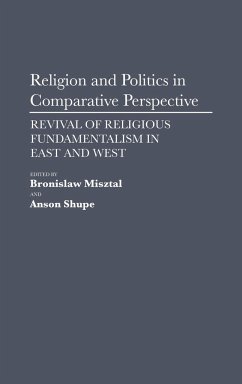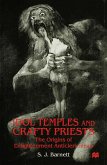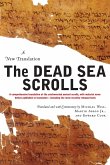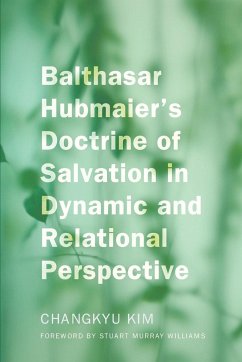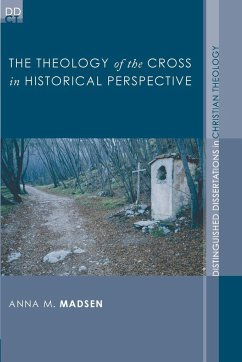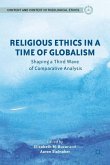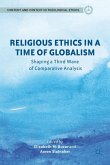This volume proposes that across many cultures, the revival of religious fundamentalism is a response to the globalization of economies and markets, the weakening of the autonomy of national political sovereignties, and the corruption of cultural autonomy because global information systems are intruding upon regional and ethnic symbolic orders and modes of discourse. Editors Bronislaw Misztal and Anson Shupe bring together theoretical and empirical studies that focus on fundamentalist social movements in North and Central America and Eastern Europe and that examine the role religion plays in determining the direction of social evolution. Each chapter emphasizes a common set of processes at work: how religious identities arise or reemerge to confront the globalization trend, how various social movements cope with pressures to conform their identities, and how the globalization trend sets in motion the antithetical reaction of the nationalistic/religious dialectic that it was thought to have eliminated. Part I considers the concept of global fundamentalist resurgence and discusses how energetic, even radical, religious movements gradually mellow to accommodate various social institutions they set out to reform or purify. An analysis of American Christian fundamentalism in its relation to modernity and the production of symbolic capital serves as an example. The chapters in Part II examine fundamentalist religious revivals in previously Eastern bloc countries, with special attention to Poland, which gained visibility as one of the first nations to challenge the Communist Party's hegemony. Part III explores religious revival in North and Central America, from the new Christian right and its auxiliary anti-evolution creation science controversy to Protestant fundamentalism and pacifistic resistance in Latin America. Finally, in Part IV the authors attempt predictions about the role of religion in social movements to come. Recommended for sociologists, political scientists, historians, and religious studies scholars.
Hinweis: Dieser Artikel kann nur an eine deutsche Lieferadresse ausgeliefert werden.
Hinweis: Dieser Artikel kann nur an eine deutsche Lieferadresse ausgeliefert werden.

